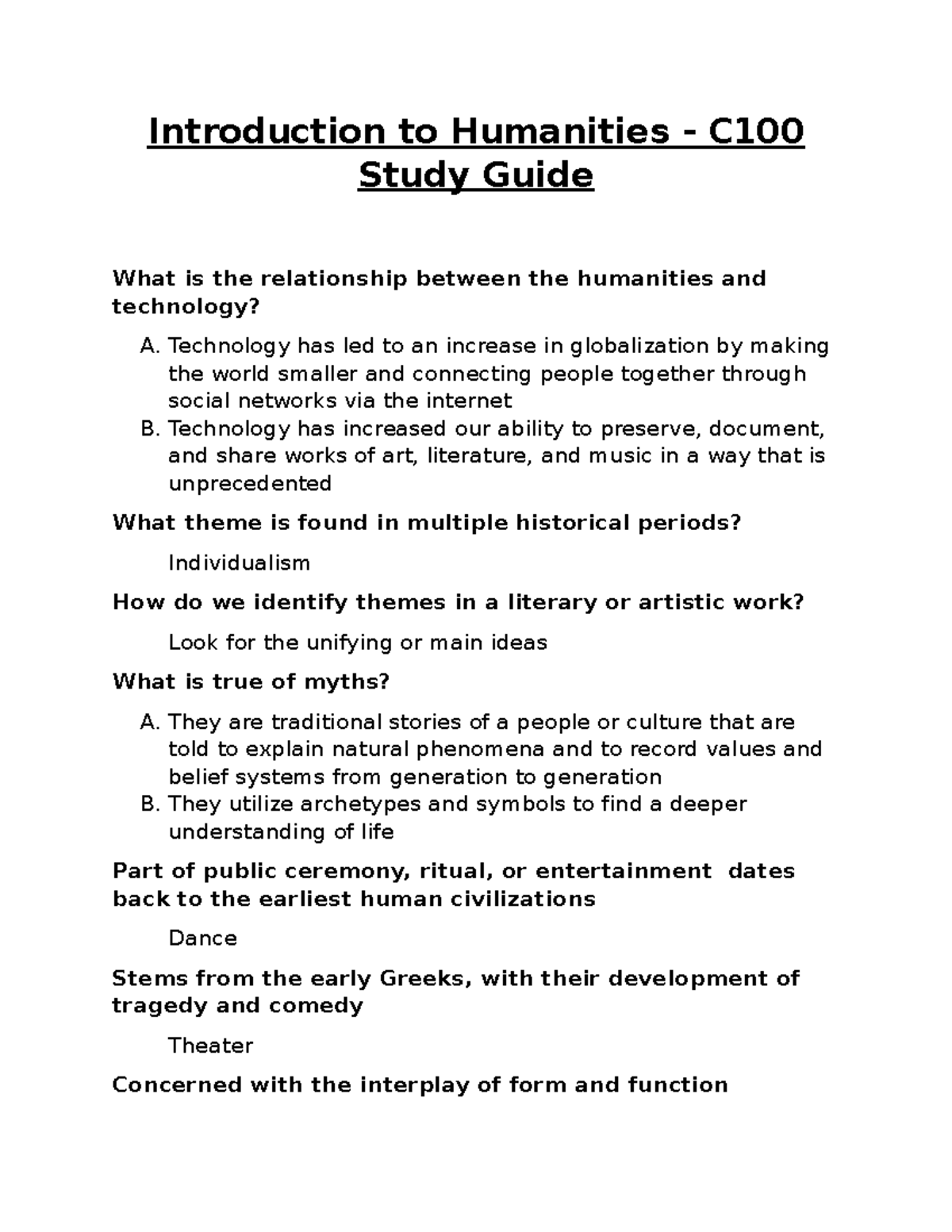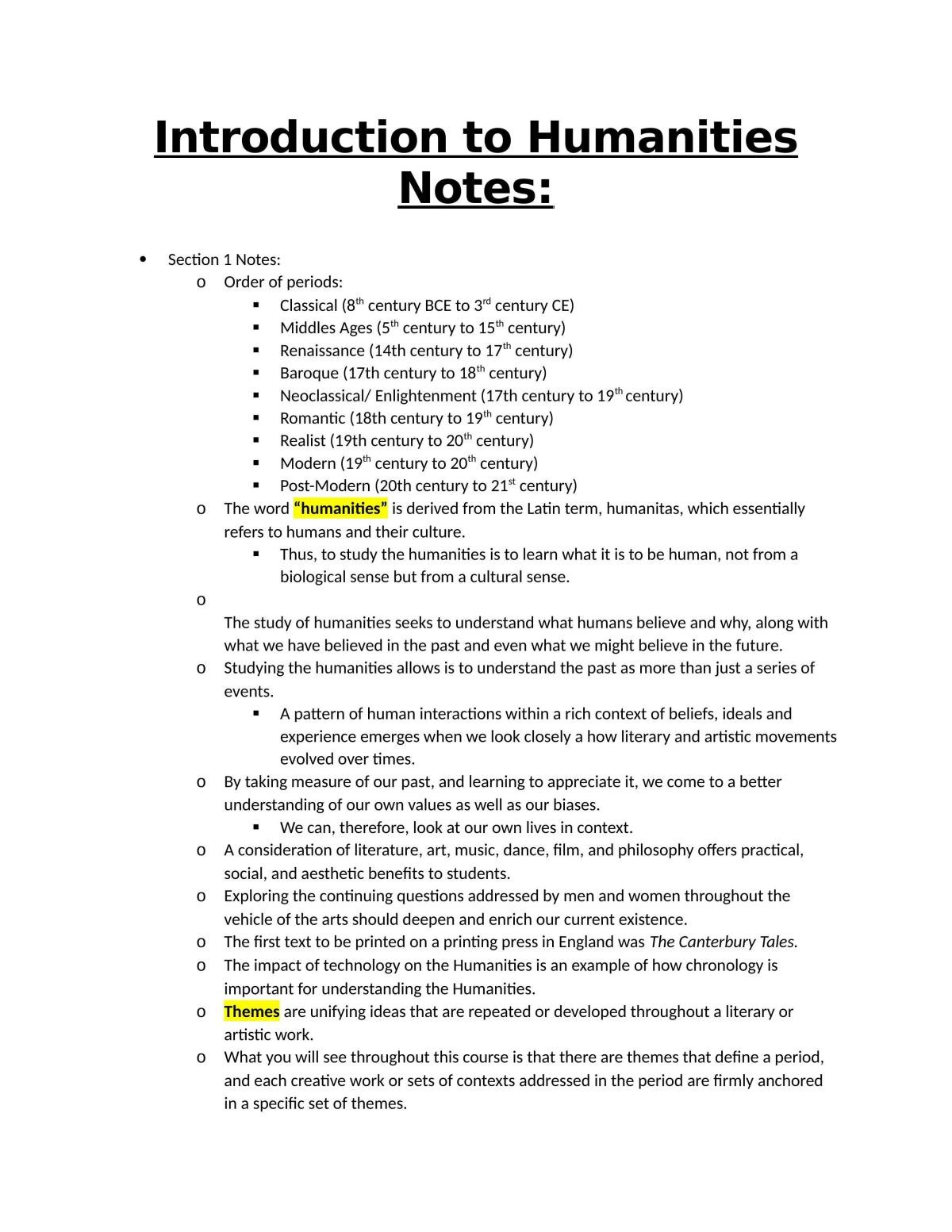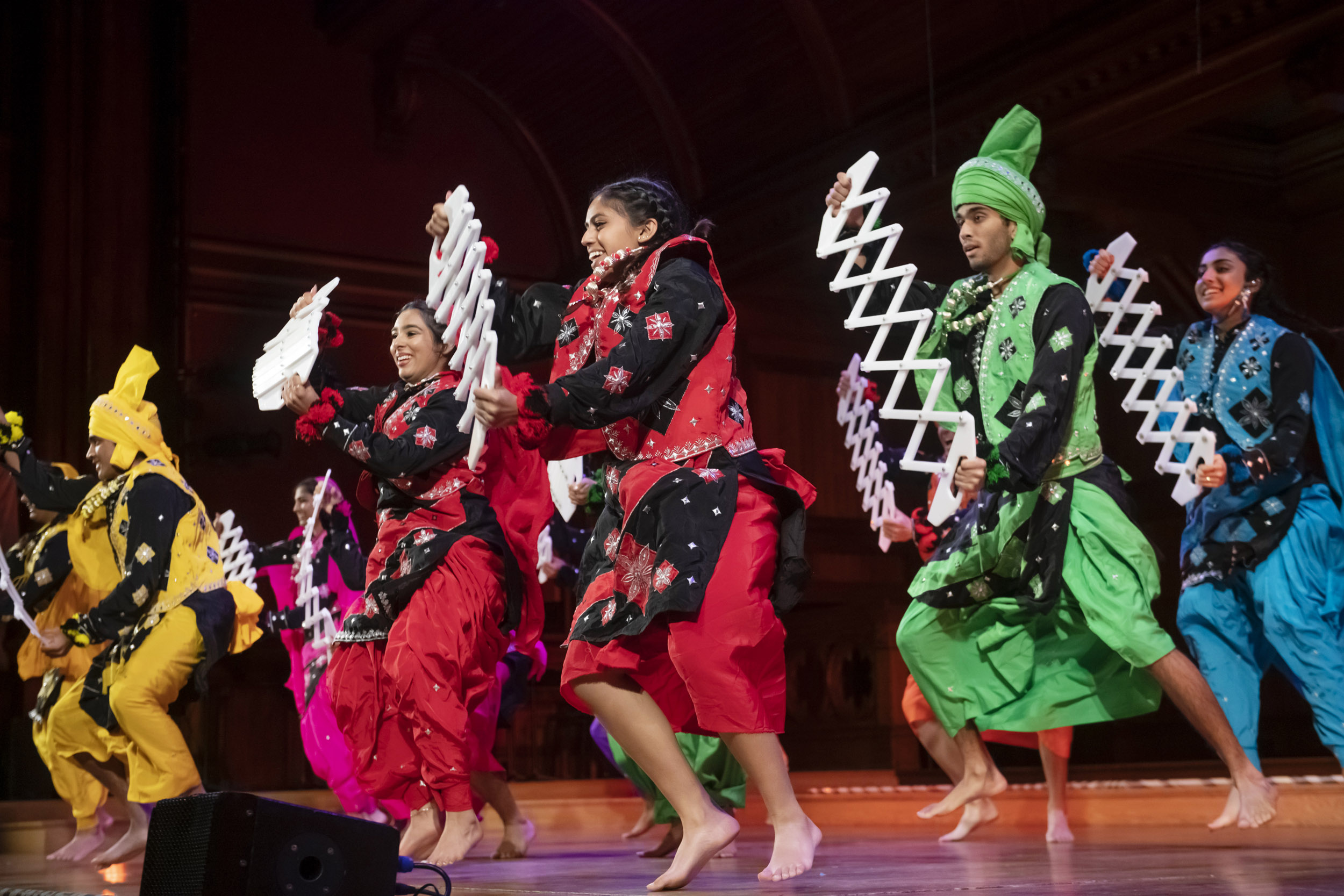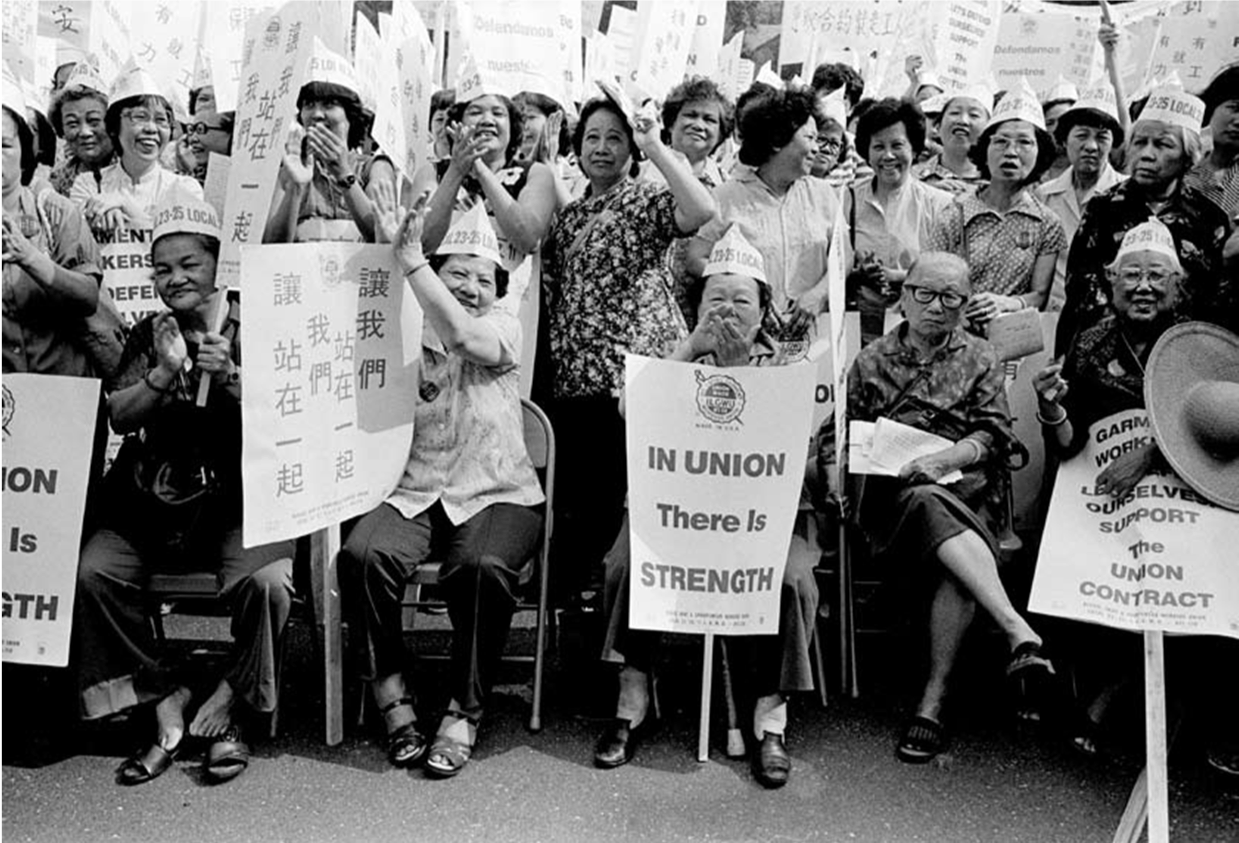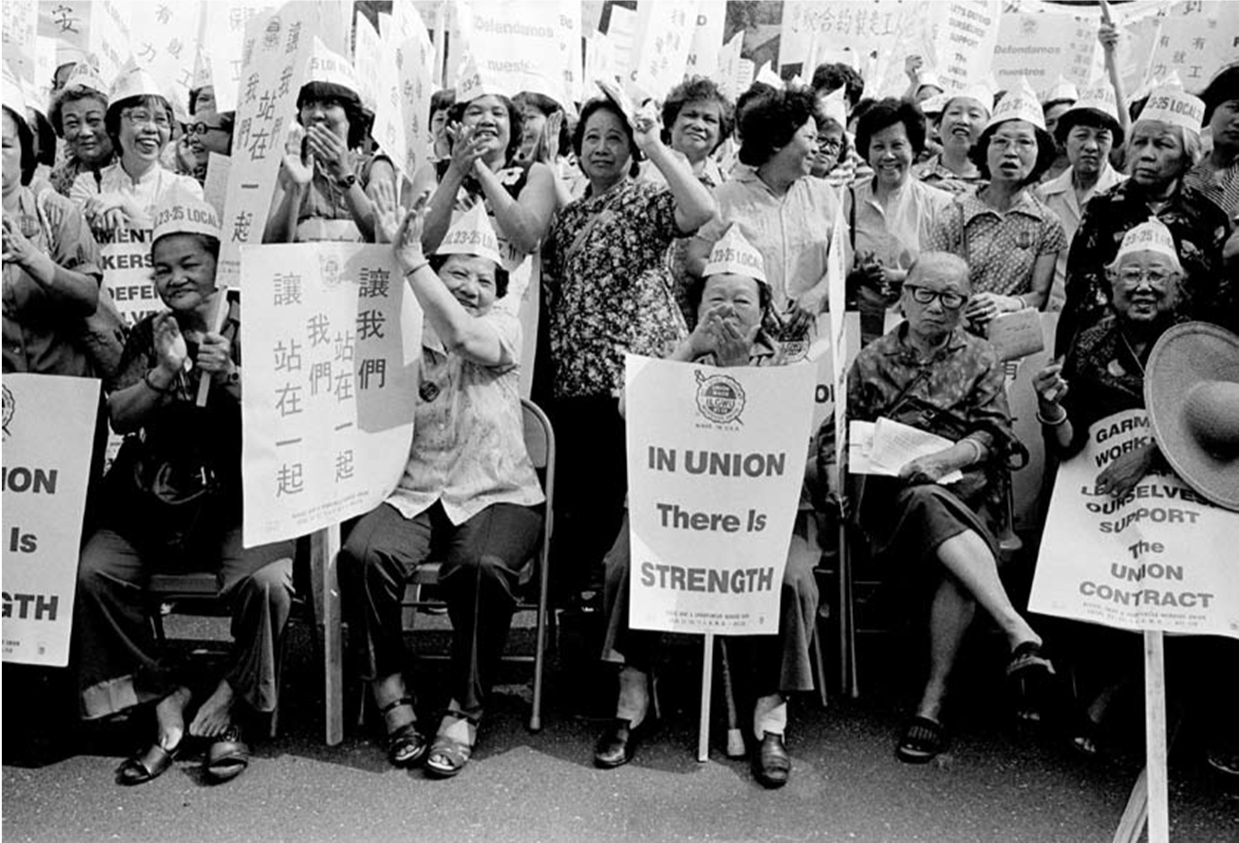Yosvany Terry, an internationally acclaimed musician, composer, and educator, stands at the vibrant crossroads of Cuban music and African cultural heritage. His profound connection to Afro-Cuban roots is evident in his scholarly pursuits and dynamic performances, where he explores the rich tapestry of musical traditions stemming from the African diaspora. As the director of the Harvard Jazz Ensembles, Terry dedicates himself to educating students about the intricate links between West African music and its Caribbean adaptations. Through his research and teaching, he aims to foster a deeper understanding of how historical contexts shape contemporary genres, particularly in jazz. On May 1, 2025, audiences can experience this synergy firsthand at his performance, “Imaginary Dialogues: Dahomey,” highlighting the enduring impact of tradition and identity in his work.
In the realm of musical exploration, few artists embody the essence of cultural synthesis like Yosvany Terry. His journey delves into the musical expressions of the African continent and their influences on the Caribbean, particularly within Cuba. Terry serves as a bridge, connecting various musical heritages and encouraging a broader appreciation of these elaborate art forms. As a senior lecturer at Harvard, he not only introduces students to the historical significance of these traditions but also emphasizes their resonance in today’s music scene, including jazz. This rich cross-cultural dialogue is essential for understanding the evolution of music as a means of preserving identity, celebrating heritage, and fostering community.
Yosvany Terry’s Journey through Afro-Cuban Musical Traditions
Yosvany Terry, an internationally acclaimed musician, has dedicated his career to exploring the depths of Afro-Cuban musical traditions. His recent travels to the West African country of Benin served as a pivotal moment in his research, linking the vibrant sounds of the Caribbean to their roots in African heritage. Through interactions with local musicians steeped in these traditions, Terry gained invaluable insights that not only enrich his performances but also shed light on the broader narrative of the African diaspora. This exploration highlights the importance of cultural preservation, as these musical threads continue to shape identities across continents.
In Terry’s eyes, the preservation of these traditions is not just an academic pursuit, but a powerful act of cultural rebellion. Many of the practices he investigated stem from centuries of resistance against the forces of colonialism and assimilation that sought to erase these rich heritages. Understanding how these musical traditions migrated from Benin to Cuba and influenced genres like jazz reveals a profound narrative of survival and adaptation within the African diaspora. Terry’s work acts as a bridge, connecting modern audiences with the historical significance of these expressions, urging them to appreciate the roots that have formed contemporary music.
Bridging Cultures through Research and Performance
Terry’s mission extends beyond mere performance; it involves enriching the educational landscape at Harvard. By sharing his findings with students, he fosters an environment where they can explore the deep connections between Afro-Cuban music and other global musical traditions. This approach not only emphasizes the importance of cultural understanding but also stimulates critical thinking among students regarding the evolution of music as a reflection of societal changes. His efforts aim to keep alive the narratives surrounding the African diaspora while encouraging students to find their voice within these historical contexts.
Performances like the one scheduled for May 1 serve as concrete examples of Terry’s continuous commitment to bridging academic research with the practicalities of music-making. Events such as these create opportunities for students and communities to engage directly with the traditions being studied. By bringing audiences into the conversation surrounding the historical and cultural implications of Afro-Cuban music, Terry promotes a deeper appreciation for the complexities of these genres and their impact on global music culture. His work exemplifies how performance can be a powerful medium for education and cultural exchange.
The Impact of ArtsThursdays on Community Engagement
ArtsThursdays has emerged as a crucial platform for enhancing the visibility of the arts at Harvard and in the surrounding community. By hosting free concerts and performances, this initiative allows the wider public to engage with the incredible artistic endeavors taking place at the University. For artists like Yosvany Terry, these events provide an opportunity to showcase their research and create dialogue around cultural topics, furthering the mission of creating a vibrant community focused on the arts. The connection established between high-caliber performances and community outreach exemplifies the potential of the arts to inspire and educate.
Moreover, ArtsThursdays fosters interdepartmental collaboration, encouraging artists and scholars to break down disciplinary barriers. Through these exchanges, performers can share their work, while students and faculty explore new concepts and ideas. The initiative not only elevates the profile of individual artists but also invigorates the entire Harvard arts community. By championing events that highlight diverse traditions and collaborative efforts, ArtsThursdays sets a precedent for how arts programming can strengthen the roots of culture within academia and beyond.
Yosvany Terry’s Vision for Future Artistic Collaborations
Terry envisions a future where artistic collaborations extend beyond conventional boundaries, revealing new ways to engage with the world of music. His current work with professionals from different fields, such as artificial intelligence, aims to explore how technology can capture the nuances of musical traditions that are often overlooked. This innovative spirit not only incorporates global influences into his compositions but also empowers students to think critically about how diverse elements can combine to create new forms of expression. Terry believes that through such interdisciplinary dialogue, the arts can evolve, reflecting the complexities of contemporary society.
By integrating insights from various educational disciplines, Terry hopes to inspire a new generation of musicians and artists who recognize the interconnectedness of their craft with broader cultural narratives. His commitment to collaborative learning suggests that the future of arts education lies in fostering relationships that blend different perspectives and expertise. This approach encourages young artists to challenge traditional norms, finding inspiration in the rich tapestry of musical traditions that span continents and histories. In doing so, Terry not only contributes to the advancement of jazz and Afro-Cuban music but also revitalizes the educational framework at Harvard and beyond.
Exploring the Roots of Jazz Through Cultural Research
Jazz, a genre that embodies cultural fusion, owes much of its identity to the musical traditions brought over from Africa through the Atlantic slave trade. Yosvany Terry’s research illuminates this complex history, examining how the sounds from places like Benin have influenced jazz in Cuba and subsequently in the Americas. By understanding these connections, students can better appreciate jazz not merely as a musical form, but as a dynamic practice shaped by the historical experiences of the African diaspora. This exploration opens up discussions about identity, cultural exchange, and the evolution of music rooted in resistance and survival.
Terry’s work is vital for understanding contemporary jazz as it incorporates elements from various global traditions, including Afro-Cuban and West African music. The authenticity of these influences is critical as artists draw upon their heritage to create new works. As Terry brings this knowledge into the classroom, he empowers students to acknowledge and celebrate their own cultural backgrounds, encouraging them to contribute to the ongoing narrative of jazz and its global impact. This legacy-building process is crucial, as it reinforces the importance of recognizing and preserving the diverse threads that weave through the fabric of musical history.
Cultural Preservation as a Form of Resistance
The act of preserving cultural traditions acts as a powerful form of resistance against the forces that seek to erase identity. Yosvany Terry emphasizes this notion in his research, shining a light on how Afro-Cuban custodians of music have maintained their practices despite historical challenges. This resilience reflects deeper societal themes of race, identity, and the ongoing effects of colonialism. By studying these traditions, Terry encourages his students to reflect on their roles as cultural stewards, promoting a deeper understanding of the significance of maintaining these legacies within today’s fast-paced, often homogenized global landscape.
Preserving cultural traditions goes beyond the act of merely performing; it involves educating new generations about the history and significance of these practices. Terry’s educational philosophy advocates for an immersive understanding of these musical forms as a vital part of community identity. Through performances, workshops, and lectures, he aims to instill a sense of responsibility within students to continue sharing these stories and heritages with wider audiences. This educational journey fosters not only artistic development but also cultivates a greater sense of cultural awareness and appreciation among the next generation of musicians and cultural practitioners.
The Role of Collaborative Arts Education at Harvard
At Harvard, collaborative arts education serves as a cornerstone for developing innovative and informed artists. Yosvany Terry’s commitment to cross-departmental partnerships enriches the educational experience for his students by exposing them to a range of artistic disciplines. Through collaborative efforts with colleagues in non-music departments, Terry introduces valuable perspectives that allow students to explore broader cultural contexts. Such interdisciplinary interaction fosters an environment where creativity can flourish, leading to enriched artistic expressions that reflect the complexities of modern society.
Moreover, this collaborative spirit redefines the traditional boundaries of arts education, pushing students to think outside of their disciplines. By engaging with experts from various fields, Terry creates opportunities for rich dialogues that challenge students to explore how different concepts intersect. This integrative approach not only enhances their artistic practice but also equips them with the skills to adapt in an ever-evolving cultural landscape. Terry’s visionary approach to collaborative arts education highlights the potential for innovative thinking that emerges when diverse minds come together, reinforcing the idea that the arts can serve as a powerful conduit for change and understanding.
Creating a Dialogue through Musical Storytelling
Yosvany Terry’s performances are an embodiment of storytelling through music, where cultural narratives come alive. His ability to weave together diverse musical influences creates a rich tapestry that invites audiences to engage with the history, struggles, and triumphs of the African diaspora. By highlighting the cultural connections between Benin and Cuba, Terry creates a dialogue that emphasizes the universality of music as an expression of shared human experience. This method of storytelling resonates deeply, prompting listeners to reflect on their own identities and heritage while appreciating the collective journey of diverse cultures.
Storytelling through music also serves as an educational tool, allowing audiences to understand the historical contexts from which various genres have evolved. Terry’s performances often integrate elements that educate attendees about the significance of the music they are hearing. This approach not only enhances the audience’s appreciation but also fosters a deeper connection between what is performed and the cultural histories that inform it. As an artist, Terry utilizes the stage to bridge gaps between cultures, inviting diverse audiences to partake in the shared narrative that music creates, ultimately enriching the cultural fabric of the community.
The Importance of Cultural Exchange in the Arts
Cultural exchange plays a crucial role in the evolution of the arts, and Yosvany Terry’s work exemplifies this dynamic. Through his experiences in Benin and Cuba, Terry showcases the transformative effects of cross-cultural collaboration and knowledge-sharing among artists. By facilitating exchanges between musicians from different backgrounds, he fosters an environment where creative boundaries are transcended, and new genres can emerge. This emphasis on collaboration speaks to the heart of musical innovation, as artists draw inspiration from one another’s distinct traditions, leading to the creation of fresh soundscapes that resonate with diverse audiences.
Additionally, Terry understands that cultural exchange is not merely about artistic collaboration; it is also about cultivating empathy and understanding within communities. By encouraging his students to engage with artists from various traditions, Terry opens their eyes to the similarities and differences that exist within cultural expressions. This awareness enhances their ability to appreciate and respect diverse artistic voices, ultimately enriching their artistic journey. In fostering these connections, Terry champions the belief that cultural exchange is fundamental to the arts, nourishing creativity, and strengthening ties within the global artistic community.
Frequently Asked Questions
What role does Yosvany Terry play in exploring Afro-Cuban roots in music?
Yosvany Terry is a senior lecturer at Harvard and the director of the Harvard Jazz Ensembles, actively investigating the connections between Afro-Cuban roots and modern jazz. His research includes studying how the African diaspora has influenced musical traditions, particularly through his travels to countries like Benin and Cuba, where he engages with musicians preserving these rich cultural heritages.
How does Yosvany Terry incorporate his research into the Harvard Jazz Ensembles?
As the director of the Harvard Jazz Ensembles, Yosvany Terry integrates his research on Afro-Cuban roots and African musical traditions into the curriculum. He provides students with access to primary source materials and encourages exploration of how these influences shaped jazz and broader musical cultures in the Americas.
What is the significance of Yosvany Terry’s work regarding African diaspora musical traditions?
Yosvany Terry’s work highlights the profound impact of African diaspora musical traditions on global music, particularly in jazz and Afro-Cuban genres. His research emphasizes how these traditions have been preserved and transformed, showcasing their importance for cultural identity and historical understanding.
How has Yosvany Terry’s journey influenced his teaching philosophy at Harvard?
Yosvany Terry’s journey through Afro-Cuban musical traditions informs his teaching philosophy by emphasizing the value of understanding cultural roots in music. He aims to ignite curiosity among his students, transforming their appreciation for jazz and its history through collaborative and immersive learning experiences.
What experiences can students expect from participating in the Harvard Jazz Ensembles under Yosvany Terry’s direction?
Students in the Harvard Jazz Ensembles can expect a transformative experience that includes learning from master musicians of Afro-Latin backgrounds, engaging in performances, and participating in educational trips to Cuba and the Dominican Republic. These experiences enrich their understanding of musical traditions and foster a lifelong appreciation for the arts.
Can you describe Yosvany Terry’s contributions to the ArtsThursdays program at Harvard?
Yosvany Terry has been a pivotal figure in the ArtsThursdays program by showcasing the connection between his research and performance. Through his events, he highlights how Afro-Cuban musical traditions and contemporary jazz interact, providing audiences with unique and engaging cultural experiences.
What upcoming performances feature Yosvany Terry’s work and research?
On May 1, Yosvany Terry will perform ‘Imaginary Dialogues: Dahomey,’ an event that showcases his research into the links between Afro-Cuban and West African musical traditions. This performance is part of the ArtsThursdays initiative at Harvard, highlighting his dedication to merging academic pursuit with artistic expression.
| Key Points | Details |
|---|---|
| Yosvany Terry’s Research | Terry’s research connects musical traditions from Benin to Cuba and the Caribbean, exploring the roots of modern jazz. |
| Cultural Identity | The preservation of African musical traditions under slavery influenced Cuban music and cultural identity. |
| Educational Impact | Terry aims to share his findings with students at Harvard, emphasizing the fusion of African and Caribbean music. |
| Collaborative Efforts | Terry advocates for cross-departmental collaborations to enhance the arts education experience. |
| ArtsThursdays Initiative | ArtsThursdays has increased the visibility of Harvard’s art-making in the community, showcasing artists and fostering collaboration. |
| Future Aspirations | Terry encourages the continued evolution of arts programs at Harvard, promoting diverse musical traditions. |
Summary
Yosvany Terry is making a notable impact in the realm of music and education through his exploration of cultural identities and traditions. His research into the connections between West African and Caribbean musical practices not only enriches his own artistic expressions but also enhances the educational experience of his students. By embracing collaborative efforts and innovative initiatives like ArtsThursdays, Terry is not just preserving the legacy of jazz but also redefining it for future generations. As he continues to advocate for diverse musical traditions, his work will undoubtedly resonate within and beyond the walls of Harvard, inspiring a deeper understanding of the cultural roots that shape our identities.



